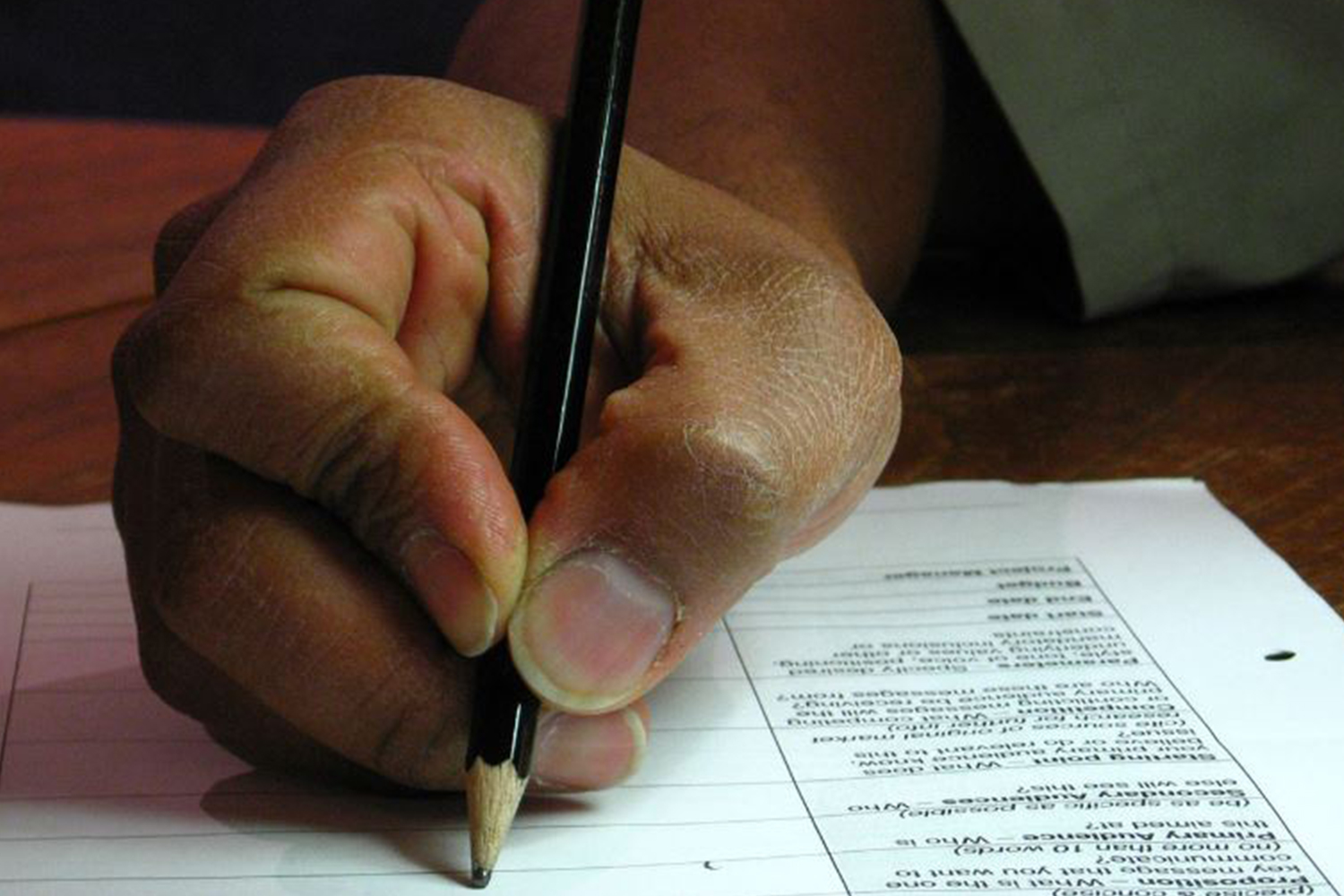The number of asylum seekers waiting for more than six months for an initial claim decision increased to 57% last year, according to the latest government figures. While their claim is being processed, asylum seekers must exist on a Government allowance of £5.39 a day which charities say leads many to destitution.
In response to the data which reveal an 11% increase over the last year, Refugee Action has called on the Government to lift the ban on asylum seekers working calling it ‘a moral duty’. Research conducted by the Lift the Ban coalition found that seven in 10 of the UK population would support lifting the ban on working and that the Treasury would stand to gain £42 million a year in reduced benefits and increased tax if asylum seekers were given the right to work.
Earlier this month, the SNP’s Carol Monaghan tabled a Private Member’s Bill in the UK Parliament which, if passed, would give asylum seekers the right to work after waiting for 6 months for a decision on their claim.
Asylum seekers do not currently have a right to work until they have been waiting for more than 12 months and only if they qualify for one of the jobs on the Government’s Shortage Occupation List. The list contains highly skilled jobs such as scientists, engineers, choreographers and social workers; a list excluding the majority of those without professional qualifications.
Freedom United, a group dedicated to ending modern slavery, has argued that the combination of long wait times and lack of a right to work puts asylum seekers at risk of modern slavery and exploitation at the hands of unscrupulous employers and abuse which often goes unreported due to asylum seekers’ fears of deportation.
Government figures also show that 52% of initial decisions resulted in grants of protection where the applicant was awarded refugee status or granted humanitarian protection. In addition, 44% of asylum appeal claims were allowed last year suggesting that almost half of those that failed at the initial stage should not have.







